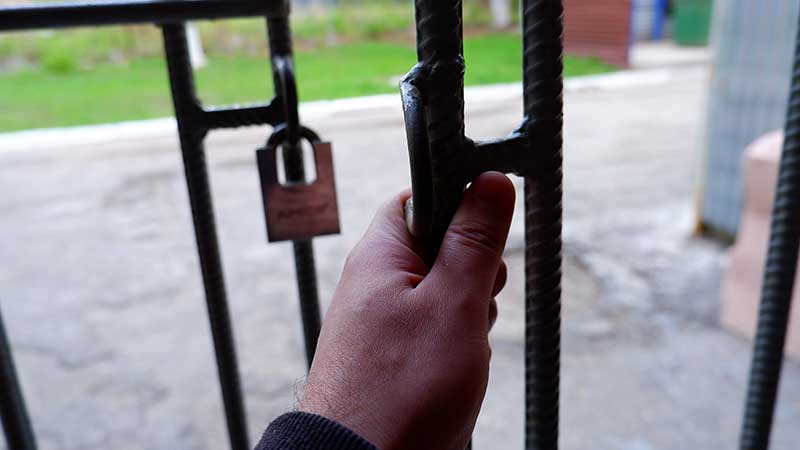By Wendy Sedlak, Ph.D. and Darla Cooper, Ed.D.
Nearly two-thirds of Black students who attend college in California begin their postsecondary journey at a community college. But it’s clear they’re not getting the support they need—more than 60 percent leave school without a degree or certificate and without transferring to a university.
Getting to that point of transfer is critical, given that jobs for people with only a high school diploma are declining and lifetime earnings are significantly higher for bachelor’s degree holders. If more students could make it to the “transfer gate,” their chances of earning a quality credential would increase dramatically, and racial inequities in transfer rates would decrease.
These briefs show the findings from the first phase of The RP Group’s African American Transfer Tipping Point project, in partnership with Lumina Foundation. While fewer Black students make it to the “gate,” those who do transfer at a rate greater than their peers. Here’s what we learned:
The why:
- Many Black students reported avoiding general and transfer center counseling after previous interactions made them feel they were not heard, seen, valued, and/or respected.
- Students said counseling through Umoja offers more relevant, personal, and effective support for their academic and personal needs.
- Students say it’s devastating to receive a notice that they are on academic probation. A resounding sentiment among Black students was the triggering nature of the term “probation”—notably its association with the criminal justice system.
What’s worked:
- Black students who pass transfer-level English and math in their first year are more than 300 percent more likely to make it near the transfer gate than those who don’t.
- Academic counseling increases the likelihood that a Black student will make it near the transfer gate; however, counseling is generally more impactful for students who are not Black.
- Participating in culturally focused programs such as Umoja is linked to a higher likelihood of Black students reaching the transfer point. More than 70 colleges offer the statewide program.
What we can do:
- Community colleges need to simplify their transfer processes and make transfer classes and paths clear to all students. A California community college program, Degree With A Guarantee, is seeing results by guaranteeing transfer students a saved spot at participating four-year universities.
- Counselors should consider the unique perspectives, experiences, and needs of students of color. Faculty members can help, too, by encouraging and advising students on their next steps to transfer.
- Academic probation needs to be renamed and re-envisioned from the students’ perspective.
Comprehensive and coordinated culturally relevant services and programs can help transfer-motivated students know they belong, are valued, and are on the path to success. Together, we’ll continue to support the whole student—not only academically but also their financial, personal, and social needs—to help learners get to and through that all-important transfer gate to a fulfilling life.
Wendy Sedlak, Ph.D., is strategy director for research and evaluation at Lumina Foundation, an independent foundation that strives for racial equity as it helps all Americans learn beyond high school. She is an advisory board member on the African American Transfer Tipping Point study by the RP Group, which helps California’s community colleges increase student success through research, planning, and professional development.
Darla M. Cooper, Ed.D., is the executive director for The RP Group. She is an educational leader with more than 20 years of experience in the California Community College system as an expert in research and evaluation dedicated to using inquiry, data, and evidence to improve the lives of all community college students.
